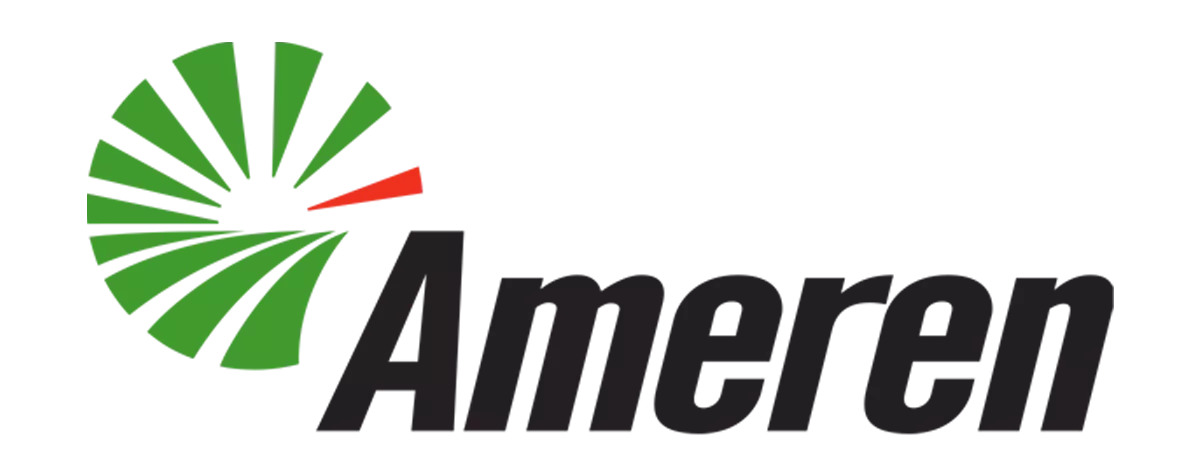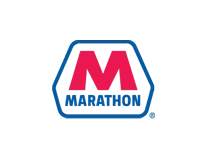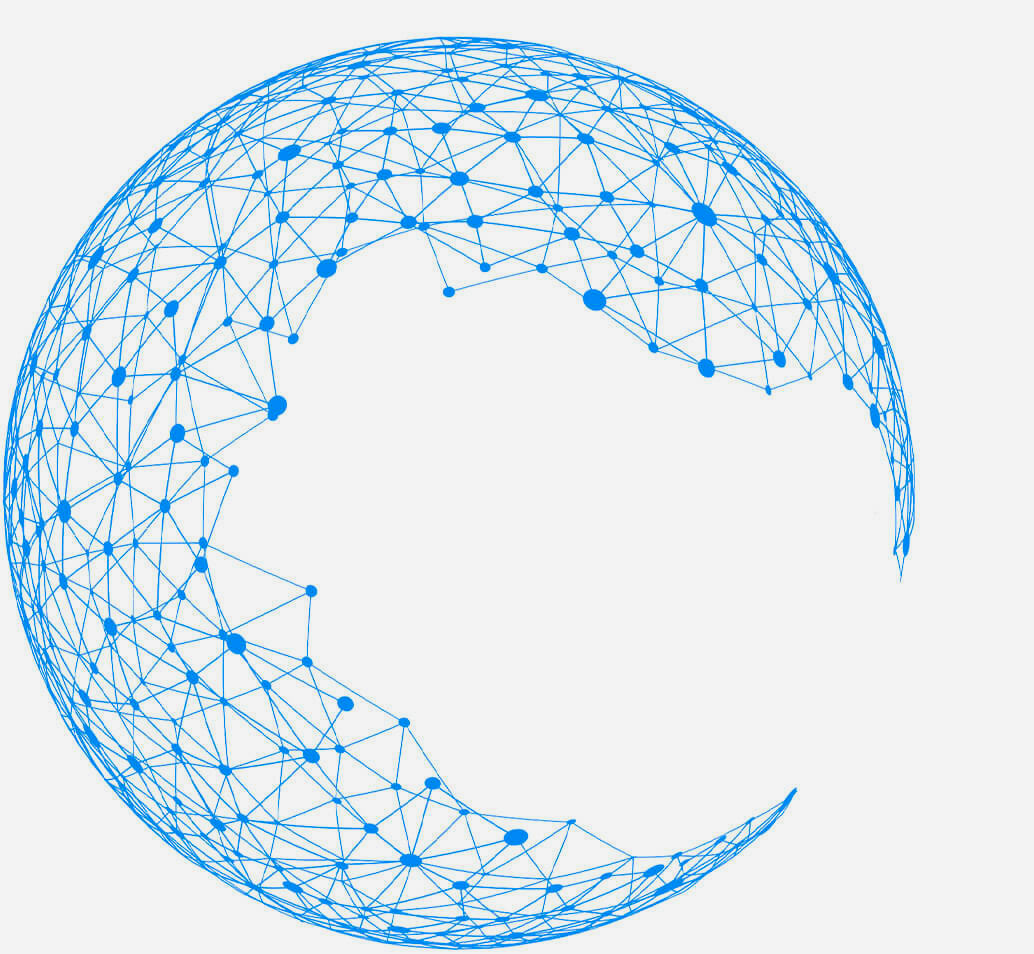Q&A: CEO of Terra Sound Technology, Craig Borkowski, Talks Partnership with Irth Solutions
In tribute to our partnership with veteran-owned and -operated company Terra Sound Technology, we spoke with the company’s CEO Craig Borkowski. We chatted about the history of Terra Sound and how founder Brian Borkowski parlayed his military experience to create an invaluable service for U.S. customers. The integration of Terra Sound Technology with Irth Solutions’ SaaS platform improves the safety, resiliency and reliability of utilities, oil/gas, telecommunications and construction operations.
Irth Solutions: Can you walk us through a brief history of Terra Sound Technology and how the company began?
Craig Borkowski: My brother, Brian, started the company about five years ago. He was in the army for nearly 13 years, and toward the end of his career, he was deployed to Afghanistan to do counter-improvised explosive device (IED) work. One of the tools they used was distributed acoustic sensing. They would put down fiber optic cables along the roadways that were heavily traveled. This allowed them to detect traffic and digs alongside the road that could indicate somebody put an IED down that could explode. This was vital in keeping the troops safe.
Irth Solutions: Wow, that’s amazing. So how did this military experience translate into a business?
Borkowski: While he was out there, they started to see other things. For example, if the fiber optic cable went by a town, they could see that the markets were always busy between 5:00 and 10:00 p.m. or that a mosque always let out at a particular time. They started to value that additional data because if suddenly a market wasn’t busy between those same hours and there wasn’t a known reason for the change, it might be something to look into. He had an idea that this could be used in the U.S. for a variety of purposes. He did a little research and found that nobody was using this technology in this way — at least there were no U.S. companies doing it — so he started the company.
Irth Solutions: What kind of clients could benefit from Terra Sound Technology’s services?
Borkowski: The honest answer is this could be useful in any market. The reason why is because you’re gathering this background data constantly. And the idea is once you have that background information, which we call the pattern of life, when things change, you can go in and determine what happened.
Irth Solutions: Do you have any major markets that benefit most from this kind of security?
Borkowski: We’re laser-focused on three market areas, and the first is perimeter security. That’s where there’s a defined area that a client wants to protect. Generally speaking, that’s electric utilities because they’re critical infrastructure in the U.S., so they’ve been tasked with hardening those substations that you see everywhere. We want to prevent people from walking in and potentially sabotaging them.
In addition, we support the oil and gas industry to help protect underground assets. The idea for that is that you put cable down on or near the pipelines. As you know, one of the biggest issues for resiliency and safety is people doing unauthorized digs and not filing an 811 ticket. When they don’t call before they dig, the chance of damaging a critical underground asset is high. With the Terra Sound integration with UtiliSphere, utilities and companies with critical underground infrastructure now have visibility to unauthorized digs and can step in to stop them. And the third area is smart cities.
Irth Solutions: What’s the process like? How do you protect these clients?
Borkowski: We can install Terra Sound on existing fiber, or we go in and put our fiber in the ground. Then through distributed acoustic sensing technology we can detect sound and movement — everything from somebody approaching the fence or climbing it to digs, gunshots and even people or vehicles moving on the ground.
Once detected, we can send an alert to have the disturbance investigated.
Irth Solutions: That leads us to our new partnership, which utilizes our UtiliSphere platform and Terra Sound’s technology. Can you explain, from your perspective, how this partnership will work for the benefit of our clients?
Borkowski: Our technologies fit together perfectly. When an 811-dig ticket is filed, you guys do the risk assessment to help risk managers assess whether the dig request or incident is close to existing lines and whether or not anyone should be concerned. We both know that it’s when people don’t file these 811-dig tickets the issue is created — the blind spot. That’s where nearly 30% of the damages happen. For example, if miscommunication occurs and a worker starts excavating in the wrong spot around a High Consequence Area (HCA), we’ll catch that. We’ll catch any dig or heavy equipment that comes on-site. We can geolocate it within two meters. Then the UtiliSphere platform cross-references it to figure out whether there’s an 811-dig ticket filed in the system. If there isn’t, then a high-priority alert is sent out to the proper responders to get to the dig location because this is an unauthorized dig, which could be a problem. This blind-spot notification is probably the single biggest benefit for customers because it’s going to directly impact safety as well as reduce their potential for damages significantly.
The other advantage is we’ll be able to see if there’s a gas leak. If a pipe for whatever reason begins to leak, we’ll be able to see it as soon as it happens. There are really all sorts of environmental advantages to this partnership. Our priority is to protect those assets.
Irth Solutions: You mentioned heavy equipment earlier. Can you explain how your technology differentiates between a big rig and someone vandalizing a fence or hand-digging?
Borkowski: We can detect anything you want us to detect. Once the fiber optic cables are laid, we can see somebody walking 250 feet away. We can see hand-digging.
We can even create alerts for certain areas. For example, with one client who had underground pipelines, we segmented the areas of the pipeline to detect different things. If someone began digging with heavy equipment, they wanted to be alerted because they had valves in a certain area on the pipe. For this client, we segmented the areas because they didn’t want anyone tampering with the valves. We can customize what alarms you want going off, depending on what’s important to you.
Irth Solutions: Safety and reduction of damages are key.
Borkowski: Absolutely, but so are communication and other kinds of data flow. A lot of customers use cathodic protection on pipelines to check for rusting. They usually have to send somebody out there every month or so to take measurements on whether the cathodic protection is working. With our system, we can send that data in real-time. Instead of getting this data once a month by hand, you can be getting it every 20 minutes — if that’s what you want.
Customers also use utility pigs to clean pipelines. We can automatically track in real-time where those are, rather than rely on expensive devices to track them.
Irth Solutions: That data is certainly invaluable to those customers. So, how far and wide can your technology go? What’s the reach of these cables and detection services?
Borkowski: From one single point, our system can go 62 miles. That’s a pretty large area that we’re able to cover with a single system.
Our partnership with Terra Sound Technology is just another way we provide solutions to improve the resiliency of your critical infrastructure. Schedule a demo or give us a call at 614-784-8000 to learn more.















